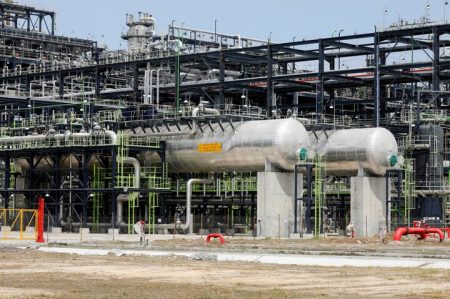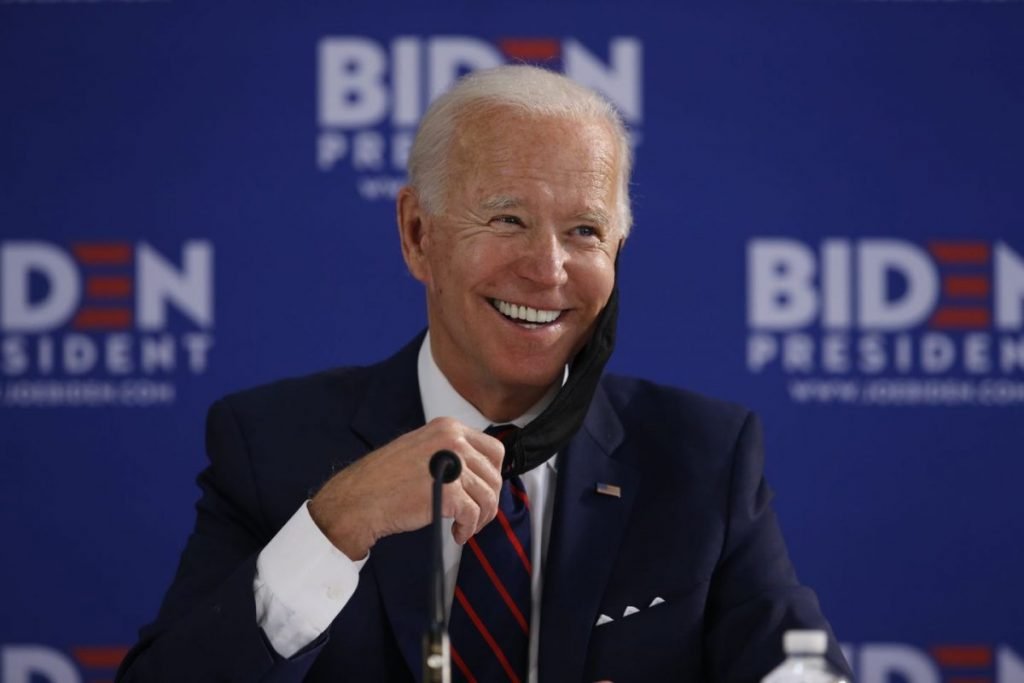 Emma Amaize
Emma Amaize
& Akpokona Omafuaire
12 December 2011, Sweetcrude, WARRI –THE Senate Committee on Gas Resources, yesterday, stressed the need for oil and gas companies in the country to maintain zero percent gas flaring, saying it is the only acceptable standard that the 7th session of the National Assembly could tolerate.
Chairman of the committee, Senator Nkechi Nwaogu stated this in Warri during a visit to the Nigeria Gas Company, NGC. Other members of the committee with her during the visit were the Sen. Ahmed Zana, vice chairman; Sen. Bello Tukur, member; Sen. Gbenga B. Ashafa, member; Sen. Bolaji Kunlere, member and Sen. Betty Okoroh, member.
They toured NGC facilities and also inspected the Utorogun gas plant in Ughelli-South local government area of the state.
The committee chairman in her address also urged the federal government to give priority attention to infrastructural development in the Nigerian Gas Company Limited, as it was the bedrock upon which development indices hang on.
Senator Nwaogu doubted the current 12 per cent gas flaring record being bandied by oil companies, adding that Nigerians were looking up NGC to judiciously manage the gas resources of the country.
She said it was terrible that local consumers could not boast of five per cent supply of gas for local use.
Nwaogu hinted that the National Assembly pass a bill on gas, as the available gas in the country was not appropriately harnessed.
Managing director of NGC, Engr. Saidu A. Mohammed had earlier told the committee that there was abundance of natural gas reserves in excess of 180 trillion cubic feet in the country, and that that major gas pipeline infrastructure executed by NGC was today the bedrock of domestic and West -African regional gas markets.
Mohammed, however , noted that poor pricing arrangements, legacy of non-payment by major consumers, limited interconnectivity, domination by a few majors, gas sector dominated by Joint Venture, JV, structure which comprised 60 per cent ownership and competing priorities, which have resulted in funding challenges were the key encumbrances being faced by the company.



